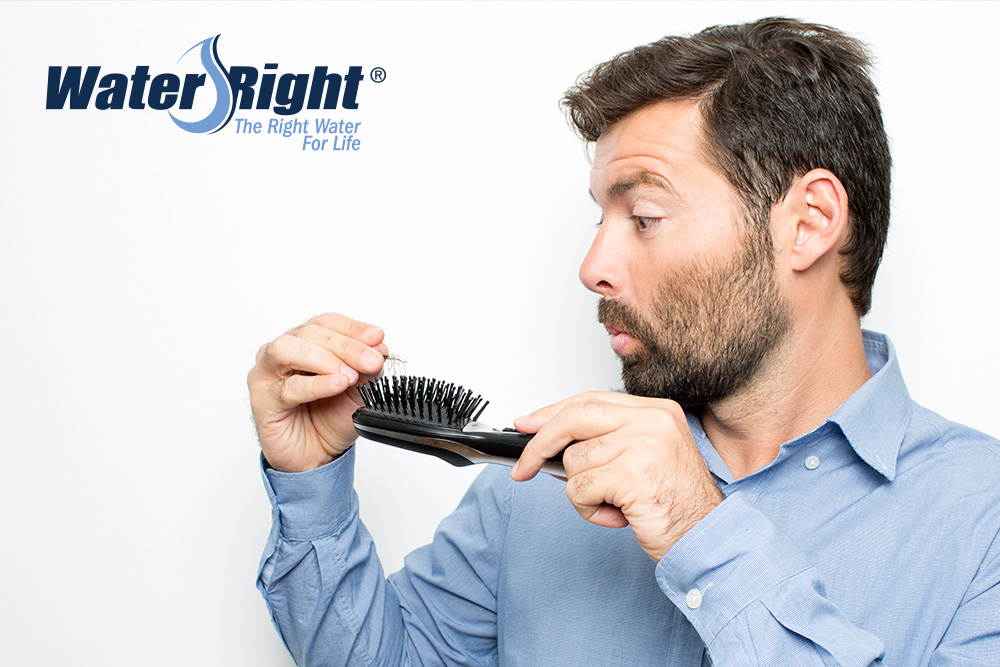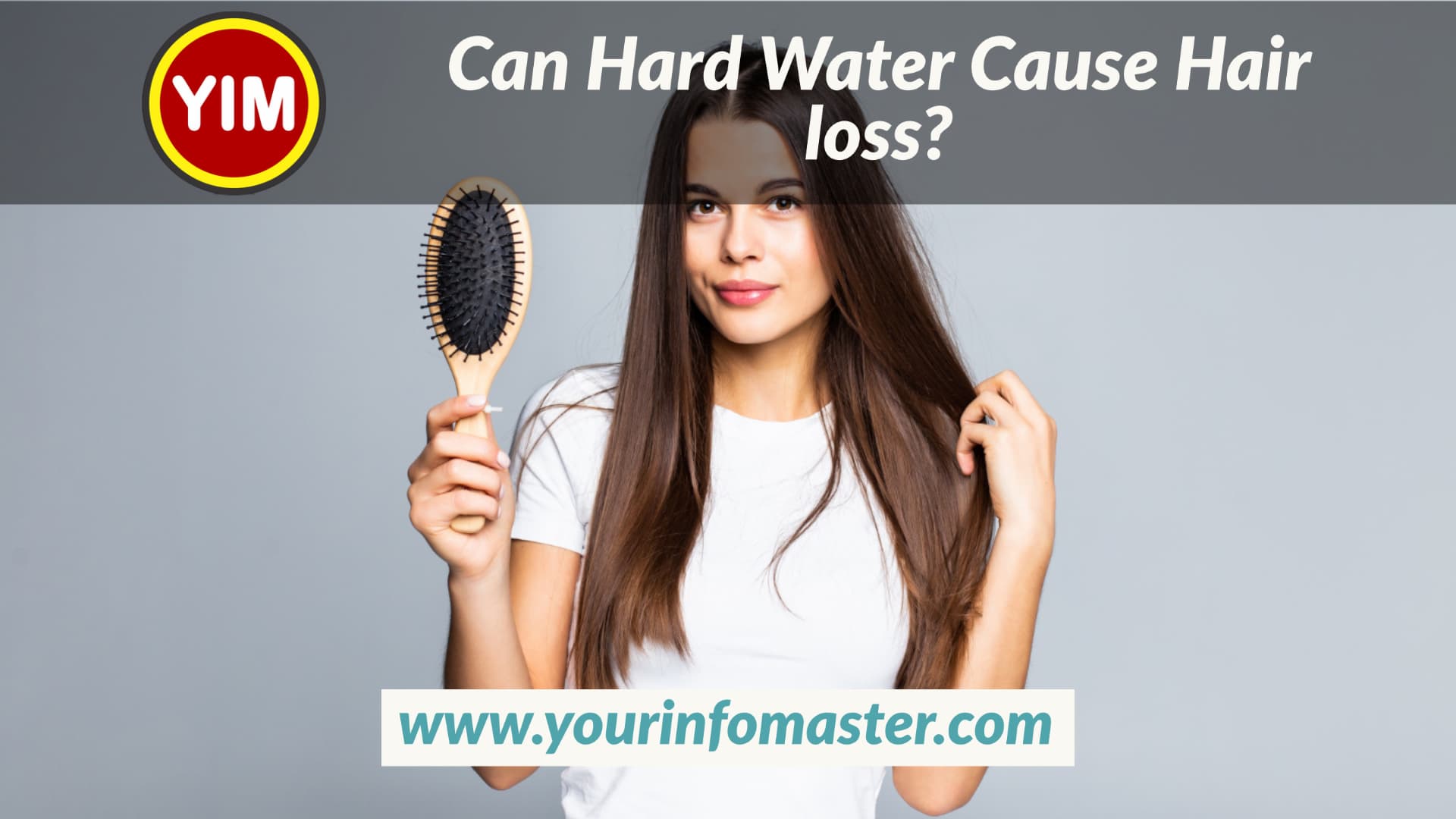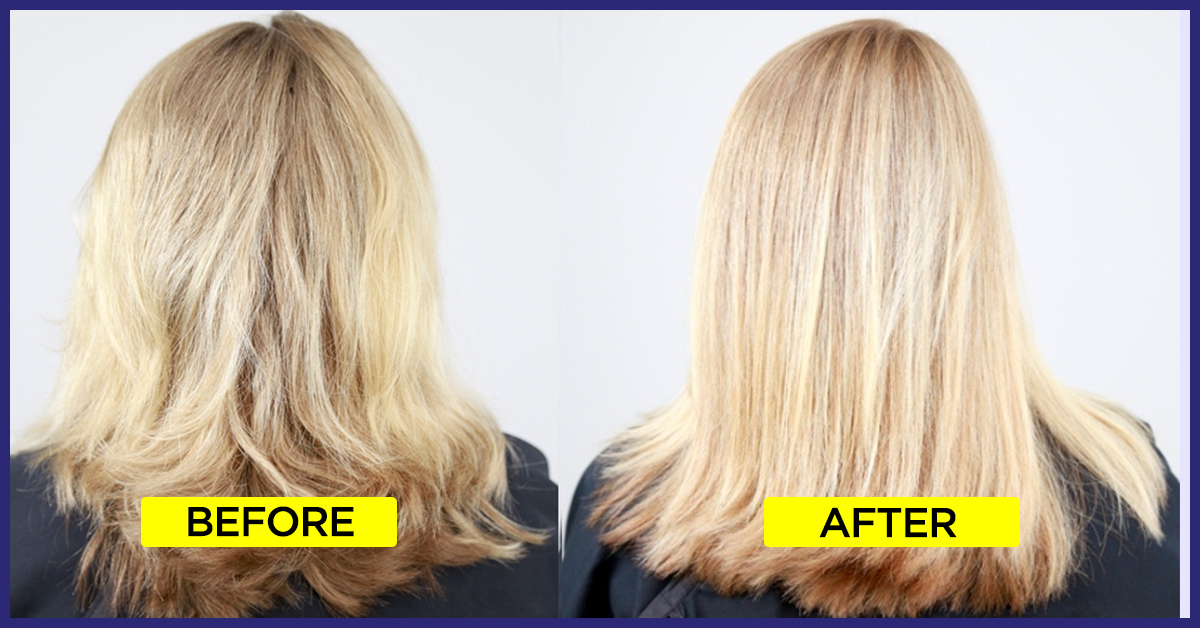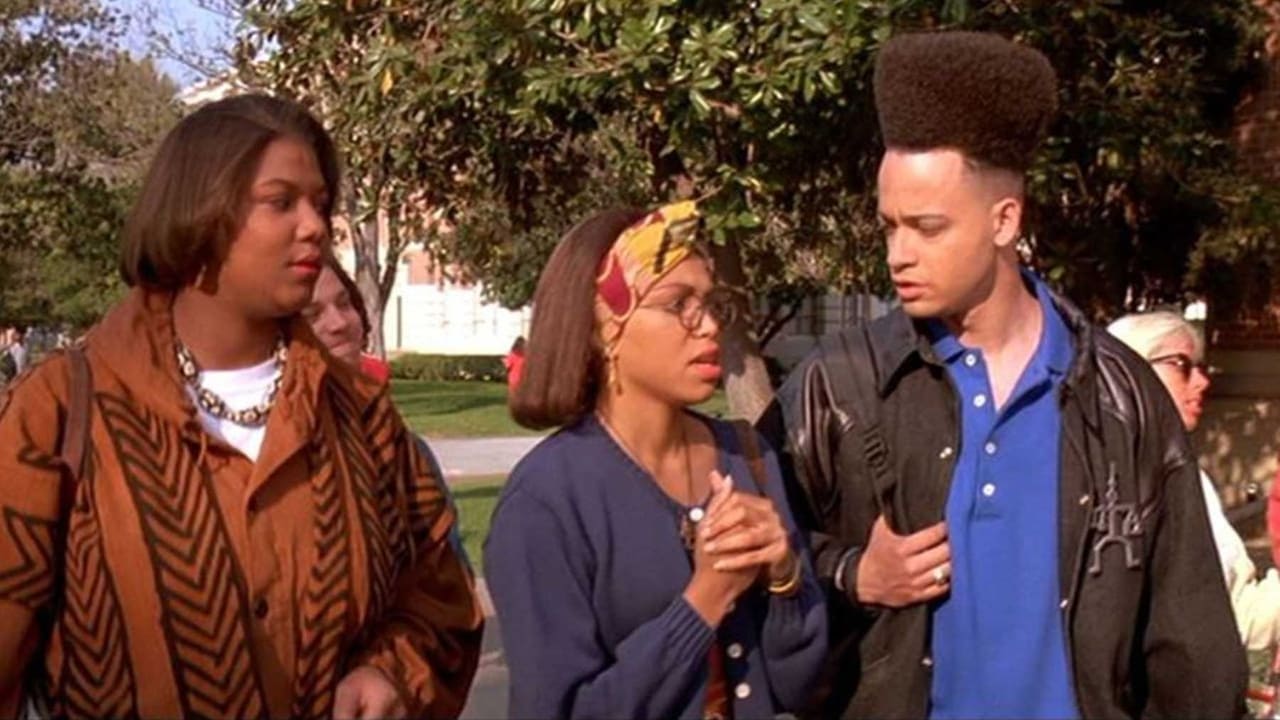Table Of Content

So, the tensile strength and elasticity of hair washed in distilled water was actually slightly lower than hair washed in hard water. Like we said at the beginning, there are several methods and treatments to prevent hair loss and thinning caused by hard water. The quicker you act, the faster you will be able to prevent the damage. Calcium carbonate and magnesium sulfate slowly pile up on your hair as well as scalp and form a layer that prevents the hair from getting nutrition, resulting in hair loss.
Largest Team of Certified Dermatologists
If this problem is unaddressed for too long, you may also experience hair thinning and excessive hair loss. But not everyone has a few stacks lying around, and lots of people live in apartments. “These filter out excess minerals and can be effective as long as they are replaced based on time or usage,” Massick says. The acid in a vinegar rinse like apple cider vinegar can remove the layers of magnesium and calcium build-up from previous showers with hard water. Soap scum can accumulate in your bathtub, your shower curtain, your sink, and your clothes, leaving them feeling stiff or looking slightly dingy.
How to Counter the Effects of Hard Water
There is some evidence that hard water might negatively impact your hair. "If you're an individual that has really fine hair that's dry, then yeah, it's going to affect your hair, without a doubt. Because you're going to soak it up like a sponge," he clarifies. For coarser, medium-to-thick hair, Azadganian says hard water most likely won't cause as much of an issue.
Can A Shower Filter Really Transform Your Hair?
Or if you’re on a budget, try the ProOne ProMax Shower Filter, which removes over 200 harsh chemicals and contaminants to protect your hair in the shower. If your primary concern is a hair loss problem, you can choose a water softener meant solely for your bathroom. The primary purpose of a water softener is to remove hardness in water. Water softeners are the most effective choice when there is a high amount of magnesium and calcium. Our first tip for preventing hair loss from hard water is to regularly deep condition your hair.
Calcium carbonate and magnesium sulfate
This tells us that hard water may play a part in hair thinning and other forms of hair damage, even if it doesn’t all-out lead to hair loss. One 2016 study looked at the thickness of hair treated with hard water compared to hair treated with soft water. There’s contesting evidence about hard water’s ability to decrease hair strength and elasticity in relation to hair loss. Let’s take a look at a couple of studies into the effects of hard water on hair, specifically pertaining to hair loss. Drinking plenty of water is essential to your overall health and the appearance of your hair, skin, and nails. The water that ends up on your hair through showering and washing is as important as the water you drink.
For example, it leaves your hands soapy, doesn’t clean your laundry or dishes well, and requires a lot of soap and effort to wash things properly. Hard water is essentially water that contains calcium carbonate (CaCo3) and magnesium sulfate (MgSO4). As the content of these salts goes higher, the hardness of water increases. We’ve highlighted a few potential effects of hard water on your hair below. Your hair’s elasticity also affects your likelihood of hair loss. If your hair strands have high elasticity, they’re more pliable, which means hair is easier to style and less likely to snap and form split ends.

While the evidence is not quite there to blame hard water as the cause for hair loss, there’s enough to realize it does have an impact. Thankfully it is not difficult to combat the effects of hard water. "I love our Vitamin C Jelly, which removes hard water mineral deposits on your hair," says Kingsley. If your hair needs some real TLC, this might be the most effective solution for you. "You may notice a dull or lacklustre complexion, as mineral deposits from hard water can build up on the skin’s surface, hindering its natural radiance." “I love our Vitamin C Jelly, which removes hard water mineral deposits on your hair,” says Kingsley.
Why people in some parts of the UK have more bad hair days - Wales Online
Why people in some parts of the UK have more bad hair days.
Posted: Tue, 23 May 2023 07:00:00 GMT [source]
Try a Vinegar Rinse
They also make the shampoo ineffective and create a residue that stays on your scalp. They found that the use of hard water may result in an increase in hair breakage as well. The test subjects here were year-old males from an area with medium water hardness.
cancer and cancer treatments
Massick suggests that homeowners consider investing in a filtering system for the entire building. “This way, all the water used is filtered through the softener, whether used in the showers, sinks, or toilets,” she says. These can run you between $1K and $5K, however, so it is certainly an investment. But since some whole-house water filters promise efficacy up to 1 million gallons, they also go a long way. There was no Statistical difference in tensile strength and elasticity between the two groups.
Mix 1 tablespoon of vinegar with 3 cups of water (or distilled white vinegar, lemon juice, or lime juice), then apply it as close to the scalp as you can after shampooing. This homemade solution is best applied once a week to neutralize the hair damage from hard water, and it can even prevent hair color from fading. In 2024, we are beginning to see more product ranges dedicated specifically to combating the negative effects of hard water. Formulated to remove heavy metals and mineral buildup in the hair, these products contain high amounts of chelating ingredients, says George. You might also be able to tell just by how your hair feels and looks. “Consistently showering in hard water tends to leave the hair feeling dry and dull, whereas soft water tends to leave it shinier,” says Helen Reavey, a hairstylist and certified trichologist in New York City.
Hard water contains dissolved minerals in high concentrations, such as calcium, magnesium, and iron. These minerals can be found in water from underground sources such as wells, as well as in some municipal water supplies. When hard water comes into contact with your hair, it can cause a number of problems. Hard water minerals can deposit on your hair and scalp, making it more difficult to rinse out shampoo and conditioner.
Unfortunately, while there are many videos on hard water as the cause for hair loss, such as the ones above discussing dry skin and hair damage, the research on this topic is sparse at best, and conflicting at worse. A shower head compiling of water softener technology is also an excellent option. These showerheads use ion exchange method to reduce the amount of minerals in the water.
A shower filter will purify the water by removing minerals that could trigger hair loss. A shower filter is easy to install and runs you at most $300 on average, with many available for under $100. They filter out contaminants in your water, including hard water mineral buildup from things such as calcium and magnesium.
We’ve identified eight problems caused by hard water, including soap scum, skin irritation — and yes, hair damage. If you’re showering in hard water, all of your efforts to strengthen your hair may be going down the drain – literally. In short, not directly, but hard water can negatively affect your hair, which can indirectly lead to hair loss or at least the appearance of it. A weekly scalp treatment will also be beneficial for removing hard water buildup, says Dr. Engelman, which will help clarify the skin on your scalp and promote a healthy microbiome.























